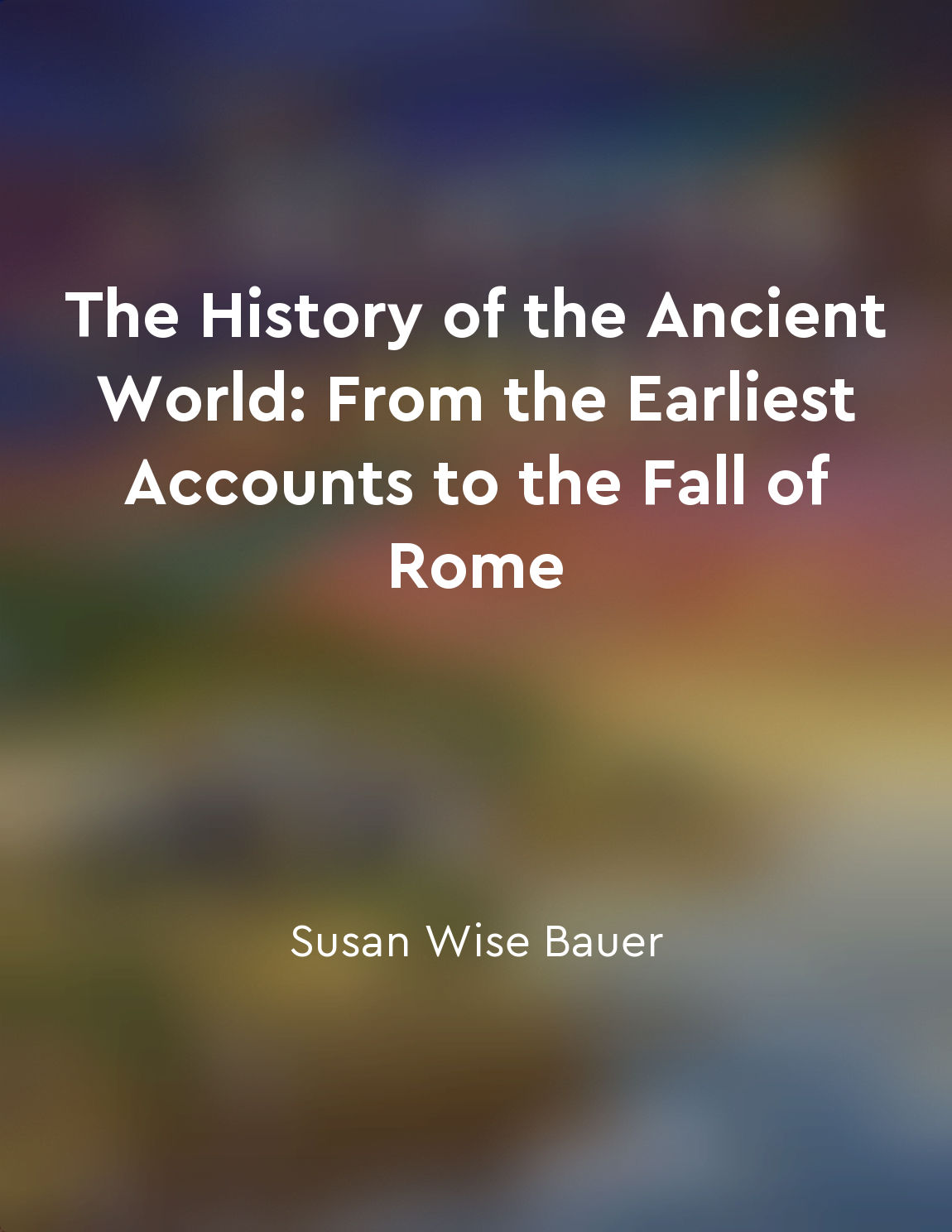Administrative efficiency under Augustus from "summary" of History of the Decline and Fall of the Roman Empire by Edward Gibbon
The reign of Augustus was marked by a significant improvement in the administrative efficiency of the Roman Empire. Under his rule, the government was reorganized with a focus on simplicity and clarity. The cumbersome machinery of the Republic was simplified and streamlined, allowing for more effective governance. Augustus consolidated power in his own hands, centralizing authority and eliminating the chaotic and often inefficient system of checks and balances that had characterized the Republic. This centralization of power allowed for quicker decision-making and more efficient implementation of policies. Furthermore, Augustus introduced a system of efficient communication throughou...Similar Posts
The reign of Emperor Justinian marked the end of an era for the Roman Empire
The reign of Emperor Justinian, which lasted from 527 to 565 AD, is often seen as a turning point in the history of the Roman E...
Caesar's military prowess was renowned throughout the Roman Empire
Caesar's military abilities were widely acknowledged and respected across the vast Roman Empire. His skill in warfare was unmat...

Consider the role of religion in the fall of Rome
Religion played a significant role in the fall of Rome, as Christianity began to spread throughout the empire. The rise of Chri...
Julius Caesar's legacy lived on in the reign of Octavian
The influence of Julius Caesar did not vanish with his death. Instead, it continued to shape the course of Roman history in the...
The lack of political unity weakened Rome's ability to respond to external threats
The disunited councils of Rome were separated by factions and discord, each pursuing its own interests rather than the common g...
Julius Caesar's legacy lived on in the reign of Octavian
The influence of Julius Caesar did not vanish with his death. Instead, it continued to shape the course of Roman history in the...
